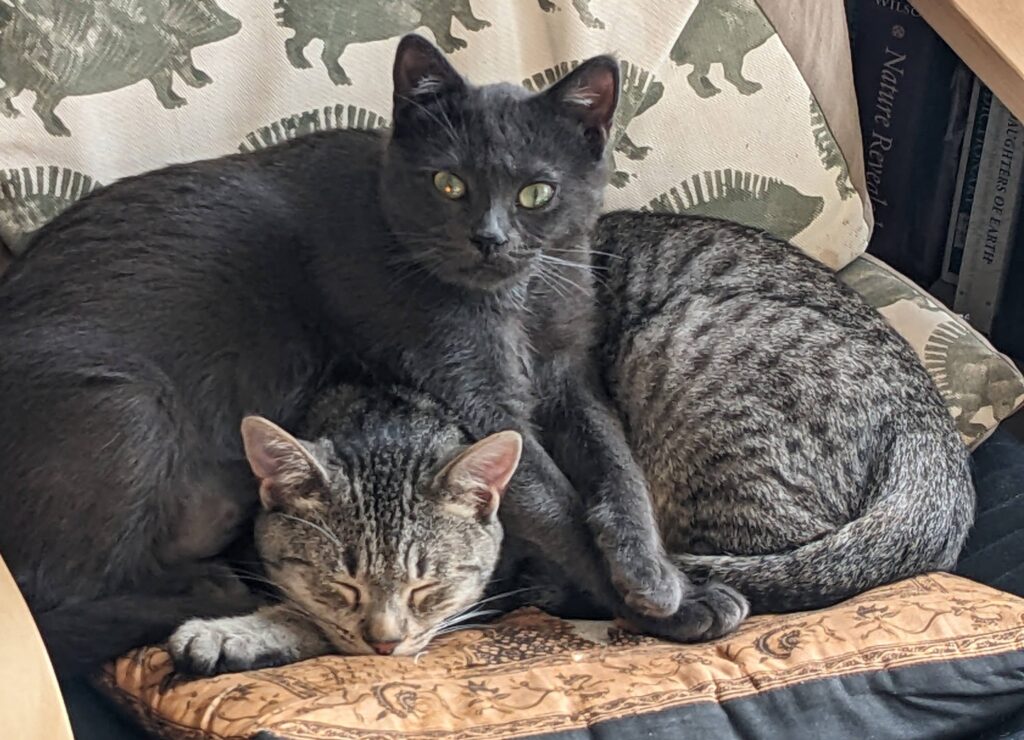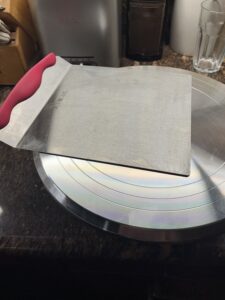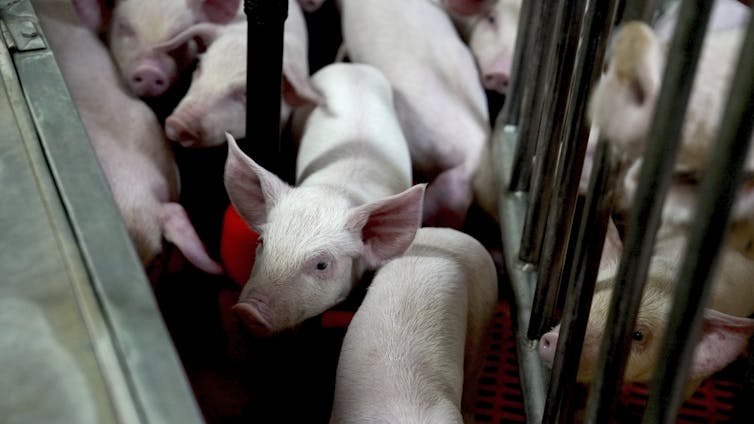This week got away from me (or I thought it was last week, or something. In these times, who knows?). So here is a post from a few years ago, from my website. I still love Ann Vickers.
I love the work of Sinclair Lewis. Even though I know better. Even when his prose is didactic and braying and he can’t make up his mind who he most disdains: country folk, city folk, religious folk, doctors, lawyers, academics, politicians. Ever since high school I have felt like I needed to apologize, maybe even join a 12-step program, for my fascination with Lewis. And yet fascinated I am.
Why apologize? Lewis is respectable, albeit not much in fashion these days. He gave us the terms “Main Street” and “Babbit.” He won a Nobel Prize for Literature. He was passionate and passionately observant. He had a sharp ear for dialect, for the self-congratulating boosterism of early 20th century America, for the moral compromises that even his most heroic characters (I’m thinking of Martin Arrowsmith in particular) find themselves making. And his portrait of America in the toils of a fascist take over, It Can’t Happen Here, is dated, folksy, and scary as hell. Every time I have found myself thinking of an incoming politician I distrust, “Hey, it’s only a few years, what damage can he really do?” It Can’t Happen Hereswims before my eyes.
Sinclair Lewis wrote Main Street and Babbit and Elmer Gantry and Arrowsmith, all of which I love. But my favorite of his books is one that no one I know has ever heard of: Ann Vickers. It’s not that Ann is Lewis’s only heroine. Carol Kennicott of Main Street was his first; and he’s got some remarkable women in Elmer Gantryand Arrowsmith (I love Martin Arrowsmith’s wife Leora; I don’t think he really deserved her, and I’m not sure Lewis did either). But Ann Vickers…
It’s a book that follows Ann from tomboy to Sunday School teacher, to college, to work; she stumbles into a career that works for her, becomes successful–and on the way manages to make mistakes, build a whole life for herself, love the wrong men. Ann is smart but not brilliant; stubborn and strong but not unbreakable; she’s got a powerful moral center but doesn’t always have the strength or direction to change things, but when she does, she raises Hell. And she doesn’t have a plan, not really–she acts sometimes before she considers, and she sometimes wanders onto the easiest course. I found Ann Vickers immensely comforting when I first found it, because when I was in college I didn’t have a clue what I was going to do with my life, and Ann Vickers suggested that I’d figure it out in time.
Reviewers loathed Ann Vickers when it was published in 1933. Not only does Ann have an affair with a soldier, but she becomes pregnant (and the guy drops her…did I say she loves the wrong men?). And has an abortion, performed by a doctor who essentially says I hate abortion, but hate even more what the society we live in would do to Ann as an unmarried mother. The abortion has an effect on Ann–she imagines the child she might have had, even (rather revoltingly) names her “Pride”–but it doesn’t stop her. She isn’t punished. Consider how that went over in 1933. She goes on to be successful–very successful–in her career. She has an affair with a married man, marries herself, has a child…and at a point when it seems like her world is falling apart (the man she marries is a manipulative creep, the man she loves has been arrested for corruption which might spill over into her work) she finds the strength we’ve seen in her all along.
She doesn’t apologize. She’s a tremendously human person. Where Carol Kennicott of Main Street ends the book at a standoff with her husband and her life in the tiny city of Gopher Prairie, the Ann Vickers Lewis leaves us with at the end of the book is heroic–The Woman, as Lewis styles her. Lewis can get a little icky when he’s moved or lyrical–he’s much better when he’s angry, pointing out hypocrisy. But I can forgive his style for love of Ann.



 It was as I was making the cake that I realized I do have some very favorite kitchen tools: my instant-read thermometer, my kitchen scale, my decorating turntable, and my cake lifter. The utility of the instant-read thermometer is pretty obvious: no matter if you’re making fudge or rib roast, being able to know what the temperature of the object is can be crucial. When I bake bread I can be misled as to the doneness by the golden color of the loaf, but my instant-read thermometer will tell me the truth about the interior. If I’m making filling for a cake, the instant read thermometer will keep me from turning the it into something stodgy and unlovely. I use my instant read thermometer daily.
It was as I was making the cake that I realized I do have some very favorite kitchen tools: my instant-read thermometer, my kitchen scale, my decorating turntable, and my cake lifter. The utility of the instant-read thermometer is pretty obvious: no matter if you’re making fudge or rib roast, being able to know what the temperature of the object is can be crucial. When I bake bread I can be misled as to the doneness by the golden color of the loaf, but my instant-read thermometer will tell me the truth about the interior. If I’m making filling for a cake, the instant read thermometer will keep me from turning the it into something stodgy and unlovely. I use my instant read thermometer daily.

